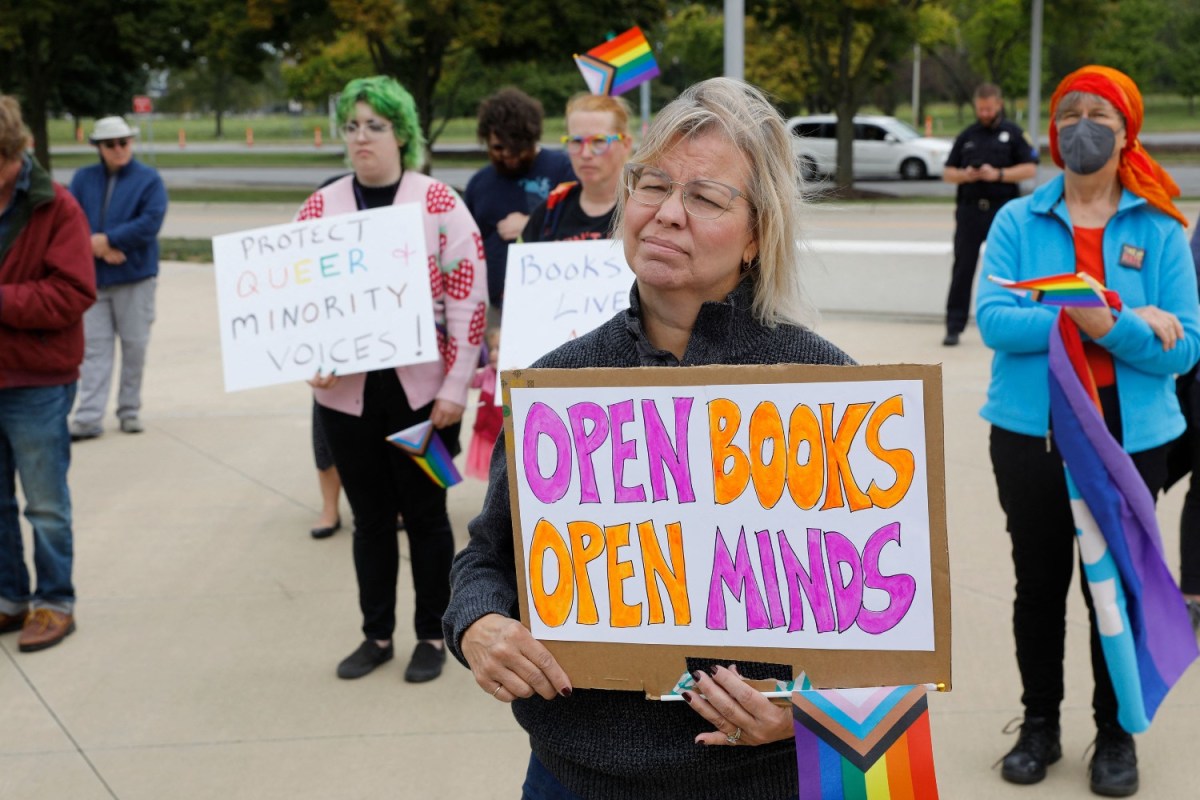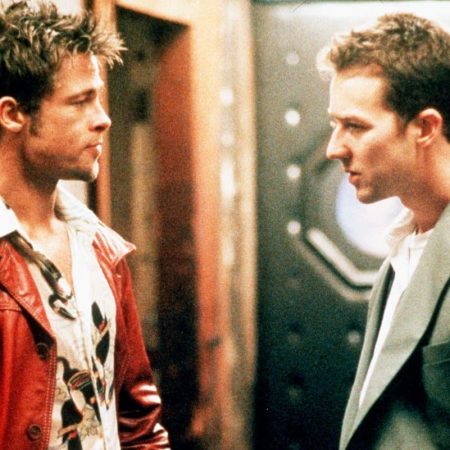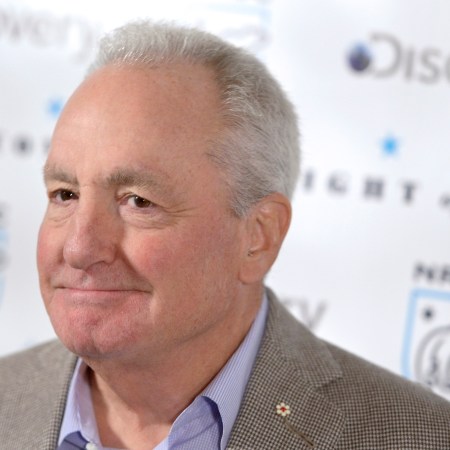As a rule, news of book bans is often unsettling, whether that news is happening domestically or overseas. As a recent Literary Hub article points out, Hong Kong’s government has been engaged in a crackdown on a number of politically-themed books and political commentary — including, but not limited to, books about the 1989 Tiananmen Square protests and the violent response from the Chinese government.
As Al-Jazeera reports, Hong Kong Chief Executive John Lee — described by the BBC last year as a “hardline pro-Beijing leader” — recently commented on the removal of books from Hong Kong’s public libraries. “The government is obliged not to recommend books with unhealthy ideas,” Lee said.
In a joint statement responding to this news, PEN America and PEN International condemned the removal of these books. (Full disclosure: I am a PEN member.)
“The reported removal of books related to the 1989 Tiananmen Massacre ahead of the 34th anniversary on June 4, exemplifies how Hong Kong is being reshaped in Beijing’s authoritarian image,” the organizations stated. “The use of the National Security Law (NSL), which several UN bodies have called to be repealed, as a hammer to suppress expression that is critical or contrary to the Chinese or Hong Kong government policies is a violation of Hong Kong’s Basic Law and the internationally-protected right to free expression.”
Denver Post Staff Publicly Protests ‘Censorship’ by Newspaper’s Owner
Dozens of newsroom employees signed an open letter condemning Alden Global Capital.It’s an alarming time for anyone concerned with book bans, whether domestically or internationally. But the pace at which censorship has advanced in Hong Kong is particularly worrisome — and it raises more questions about where things might go from here.
Thanks for reading InsideHook. Sign up for our daily newsletter and be in the know.


















